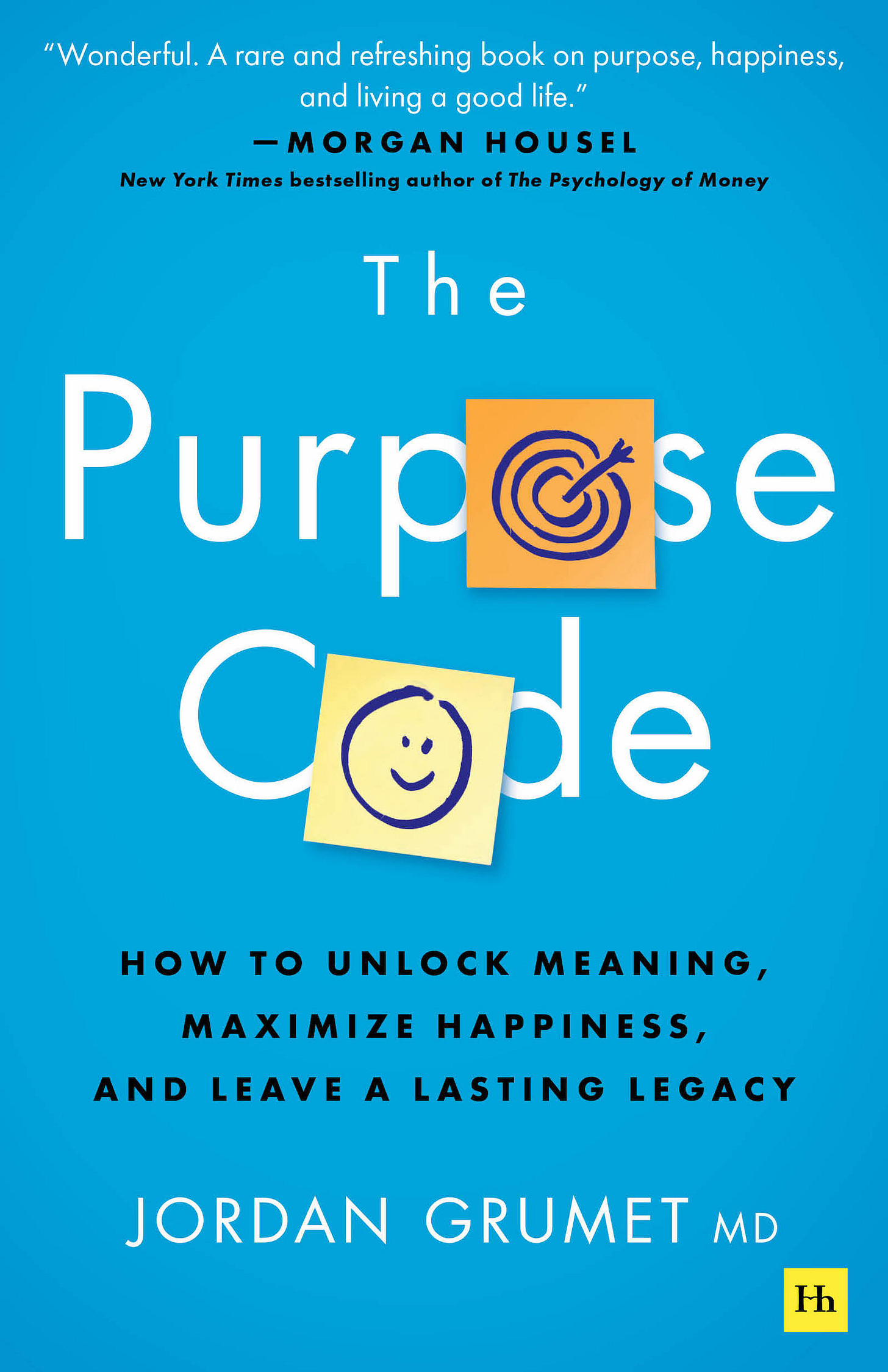Why You’re Wasting Time Worrying About Safe Withdrawal Rates
The People Who Worry Most About Running Out of Money Rarely Do
Let’s stop arguing about safe withdrawal rates. Stop debating, dissecting, and obsessing. Because for many of us, it’s just not the right conversation.
Here’s the paradox I keep seeing in the personal finance space:
A 2024 Morningstar study revealed that nearly half of Americans retiring at age 65 could run out of money. That’s a sobering statistic. It’s based on comprehensive simulation data and a host of economic assumptions about Social Security, market returns, savings habits, and more.
But on the other hand, every financial advisor I speak with—especially those working with high-net-worth individuals—shares a wildly different experience. When asked how many of their clients run out of money in retirement, their answer is nearly unanimous:
“None.”
In fact, many spend a lot of time encouraging clients to spend more. Not less.
So what gives?
Let’s look more closely at the data. The Morningstar simulation, conducted in August 2024, presented a few critical findings:
Retirement shortfalls are more likely for Baby Boomers and Gen Xers—especially if Social Security remains unchanged.
There’s a looming crisis for workers who don’t or can’t contribute to defined contribution plans.
Lower-income individuals will disproportionately experience these shortfalls.
Black and Hispanic Americans are at greater risk.
Single women at retirement age are more vulnerable than single men or couples.
And overall, about 45% of current U.S. workers are expected to fall short financially in retirement.
These are important realities. But they don’t describe everyone. And they probably don’t describe you—if you’re the kind of person reading this Substack, listening to our podcast, or engaging with personal finance media.
Here’s why:
You’re probably contributing to a 401(k) or Roth IRA.
You’re likely not part of the lowest income brackets.
You’re educated enough to know the value of delaying Social Security.
You’ve saved, planned, optimized—and yes, probably worried more than you should.
So no, you’re probably not going to run out of money.
In fact, if you know enough to be debating safe withdrawal rates, you’re already in a different category. The simple act of asking, “Should I spend 3.2%, 4%, or 5%?” reveals something telling: You’ve done the work. You’ve built the nest egg. You understand the mechanics. You’re in the game.
And ironically, that’s exactly why the safe withdrawal rate debate isn’t helpful to you.
It’s become an academic exercise. A distraction.
Here’s what I’ve observed over and over again: The people most concerned about outliving their money tend to be the least likely to actually do so. They stack conservative assumption upon conservative assumption—projecting higher-than-expected inflation, worst-case market returns, maximum sequence-of-return risk—and then underspend out of fear. They end up dying with too much money and too many unfulfilled dreams.
Yes, the 4% rule might give us a loose framework. Yes, financial models have value. But they were never meant to become shackles.
The truth is, you can’t predict the future. Black swan events, long-term care needs, unexpected medical expenses—these things happen. But the bigger danger for this audience isn’t overspending.
It’s under-living.
Here’s what I believe:
Instead of spending hours tweaking your safe withdrawal spreadsheet, you should spend that time figuring out what matters to you.
What experiences light you up?
What do you want to say yes to before your time is up?
Where are you holding back out of habit, fear, or spreadsheet-based anxiety?
Then spend.
Pivot when needed.
Adjust along the way.
Because your retirement spending isn’t a fixed equation—it’s a living, breathing process. It should evolve with your life, your priorities, and yes, even the market. But it shouldn’t be dictated by rigid rules.
I’m not saying throw out planning. I’m saying don’t confuse precision with purpose.
So no, I don’t know what your safe withdrawal rate should be.
And honestly?
I don’t care.
Did you catch this week’s episode of Earn & Invest (Click to listen)?





Makes a lot of sense to me. I'm concentrating on fully enjoying life in retirement and intuitively spending within reason and without a sense of limitation. Even though I was an engineer during my working career, I don't have any strict numerical rules for withdrawal rates.
The book Die With Zero was an inspiration.
Such a great read Jordan and always glad to be able to listen to your insights about life and finances all together. Thank you.